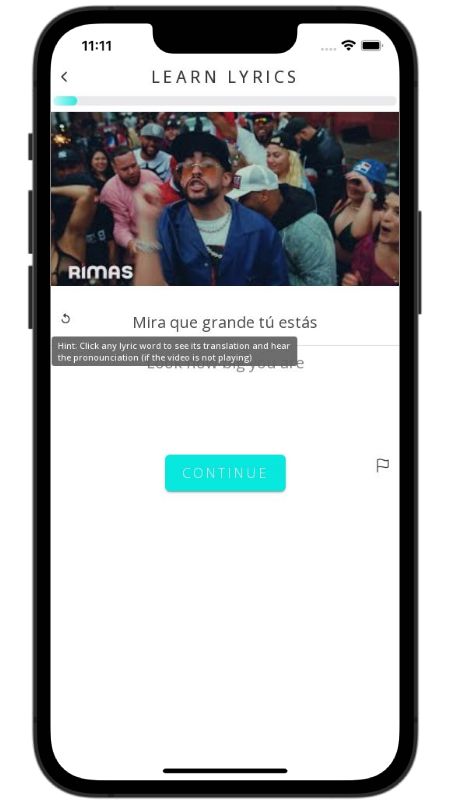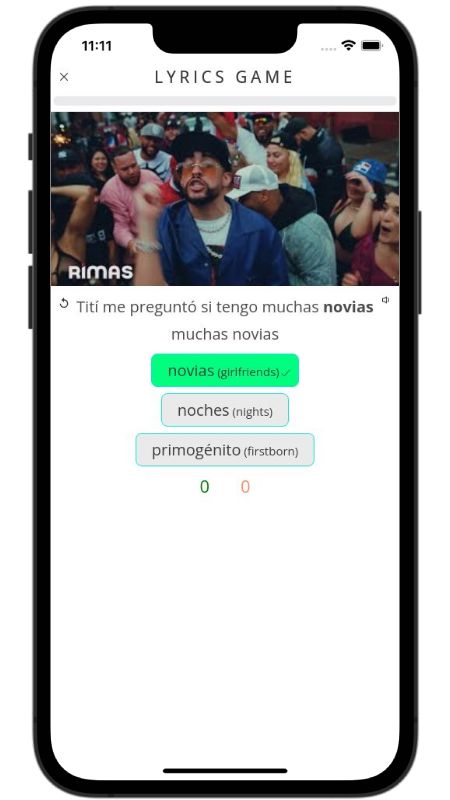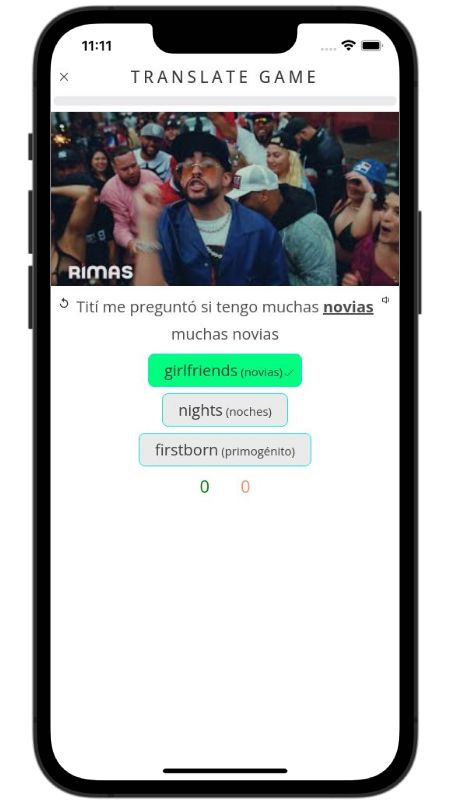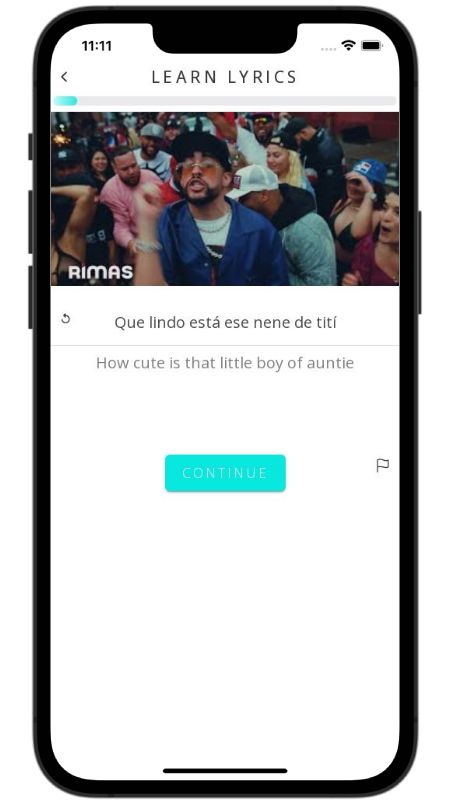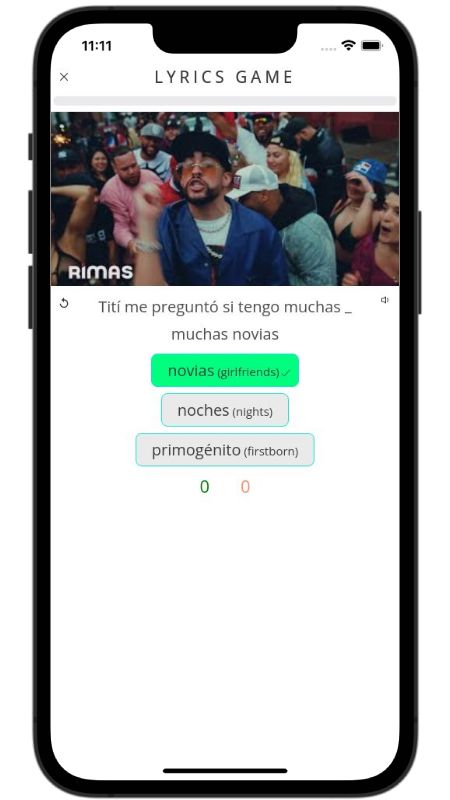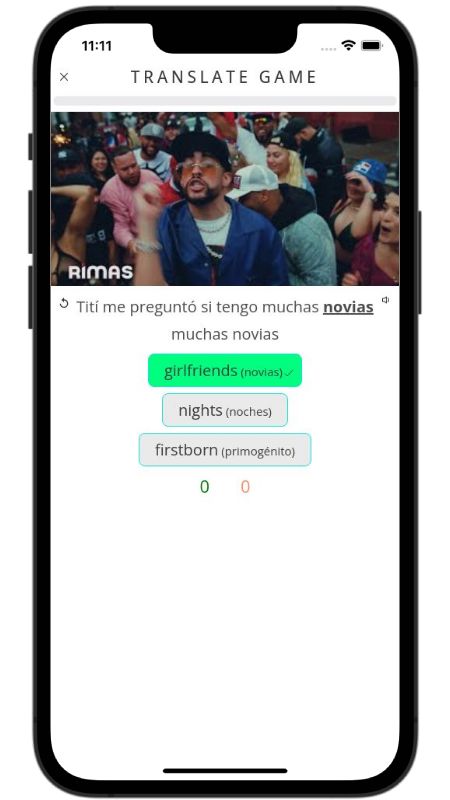La Diabla Lyrics in English Eslabón Armado
Below, I translated the lyrics of the song La Diabla by Eslabón Armado from Spanish to English.
Verse 1
I took a shot
And it took me to that night's party
Verse 1
I kinda remember that I kissed somebody
I remember seeing a pretty girl
In the lights
I saw your body and I danced with you
Verse 1
With my hands I grabbed your tiny waist
And we danced really drunk without me knowing
Chorus 1
that she was a she-devil
She wore a perfume that smelled like roses
Her tiny dress, so short, was gorgeous
She seemed like a fantasy in that outfit
And right on the bed
She did things to me that seemed so crazy
Chorus 1
But I won't deny I liked it
I don't remember her name, only her scent
Verse 2
How do I explain
the feeling when she rode my body?
Verse 2
I felt butterflies and I'm not lying
And with her nails she scratched me all over
It wasn't love
What I felt was like temptation
Verse 2
When she danced to the reggaetón beat
And all the time attacking me with kisses
Chorus 2
that she was a she-devil
She wore a perfume that smelled like roses
Her tiny dress, so short, was gorgeous
She seemed like a fantasy in that outfit
And right on the bed
She did things to me that seemed so crazy
Chorus 2
But I won't deny I liked it
I don't remember her name, only her scent
Lyrics and Translations Licensed & Provided by LyricFind
Did you like this lyrics translation?
Did you know?
In addition to reading lyric translations, you can now learn Spanish with music and lyrics from your favorite artists.
No more boring lessons. You can now learn with engaging and culturally relevant lyrics from the best artists.
Apple and App Store are trademarks of Apple Inc.
Google Play and the Google Play logo are trademarks of Google LLC.
MORE ESLABÓN ARMADO
iOS AppAndroid AppWeb LessonsFree PDF WorksheetsJoin ClassroomLyrics TranslationBlogAbout UsBuy as GiftLifetime

